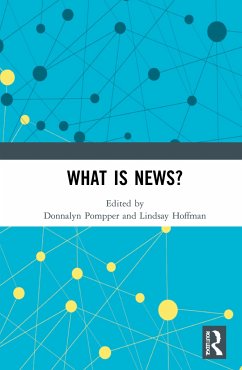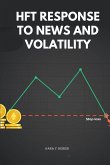This volume explores contemporary understandings of "news values" and the "fake news" phenomena and collects together important new theory-building research that sheds light on implications of compromised news products and the ways it shapes perceptions. News does not happen in a vacuum and journalism is a practice with a definable milieu which manufactures a product shaped by a complex and subjective collection, organization, and dissemination of information. The social import of revisiting Herbert Gans' "what is news" ethnographic query in 1979 played out in earnest in 2020. Americans watched news coverage of the COVID-19 pandemic offer politicized health information complete with conflicting reports of disagreeing experts, conspiracy theories, vaccination resistance, and racist language targeting China and people of Asian descent. This collection expands on mass communication theory frameworks built since the 1970s, to enable us to better operationalize and understand mass media's role in defining, shaping, and amplifying news. The chapters in this book were originally published as a special issue of Mass Communication and Society.
Hinweis: Dieser Artikel kann nur an eine deutsche Lieferadresse ausgeliefert werden.
Hinweis: Dieser Artikel kann nur an eine deutsche Lieferadresse ausgeliefert werden.








